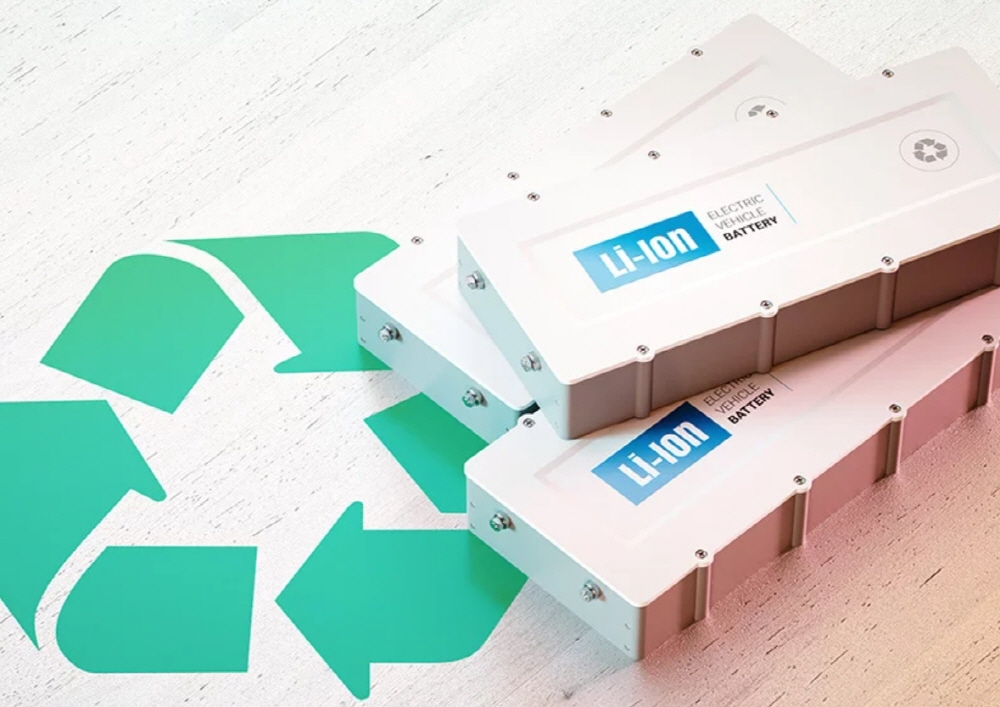
With the spread of electric vehicles, a lot of research and development on batteries for use in electric vehicles is being carried out. In the midst of this, a research team at Worcester Polytechnic University reported a study result that batteries using recycled materials have a longer lifespan than ordinary batteries.
Although electric vehicles have an image of being eco-friendly, there is also an opinion that batteries use precious minerals such as nickel and cobalt, and the mining of these metals creates a large environmental load. Therefore, it is required to recover and recycle the metal contained in the battery to minimize the social and environmental impossibility caused by mining, and to suppress the energy consumption and greenhouse gas emissions caused by battery production.
However, the researchers say that there is a general feeling that recycled materials are not as good as unused ones, so battery developers are avoiding using recycled materials in their batteries. To improve the impression of recycled batteries, we conducted a battery life comparison experiment using recycled parts and unused materials in cooperation with battery developers and industry groups.
The research team tested the battery life as a test method for electric vehicles using recycled NMC111 anode material containing nickel, manganese and cobalt as main components. As a result, it was found that unused batteries have a lifespan of up to 53% longer than batteries using cathode materials. As a result of investigating the reason, it is said that a porous microstructure suitable for lithium ions to enter and exit was observed in recycled NMC111.
The research team recommends that the battery industry actively adopt recycled materials, saying that the results of this experiment have proven that recycled anode materials are a realistic alternative to unused cathode materials. The recycled NMC111 has already been sold by Battery Resourcers, a battery-producing startup. The company succeeded in raising $70 million in funding in 2021 and is expected to start operation in 2022 at a plant capable of processing 10,000 tons of batteries. It also plans to build two factories in Europe by the end of 2022. Related information can be found here.

